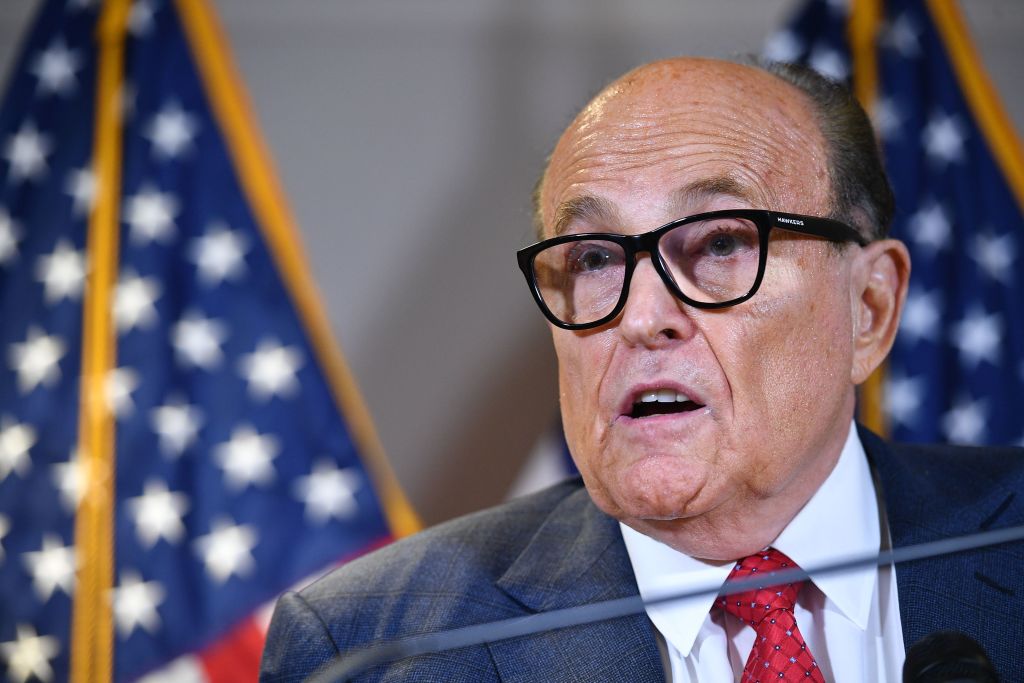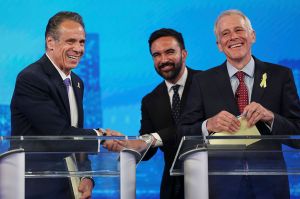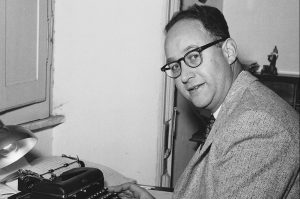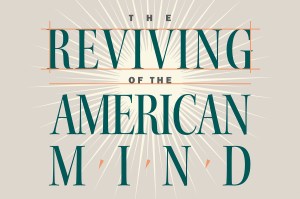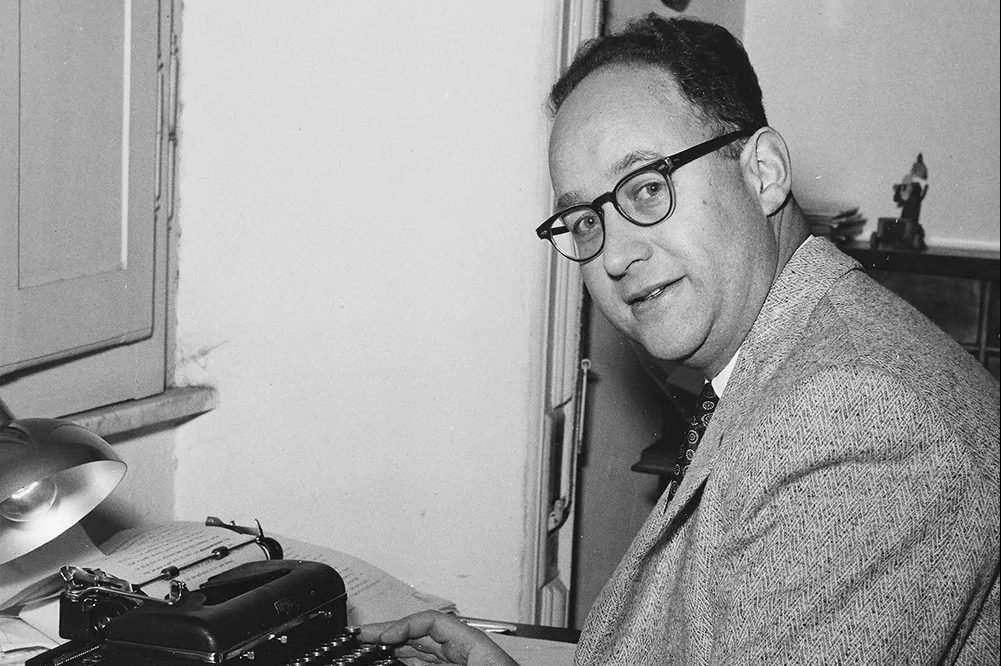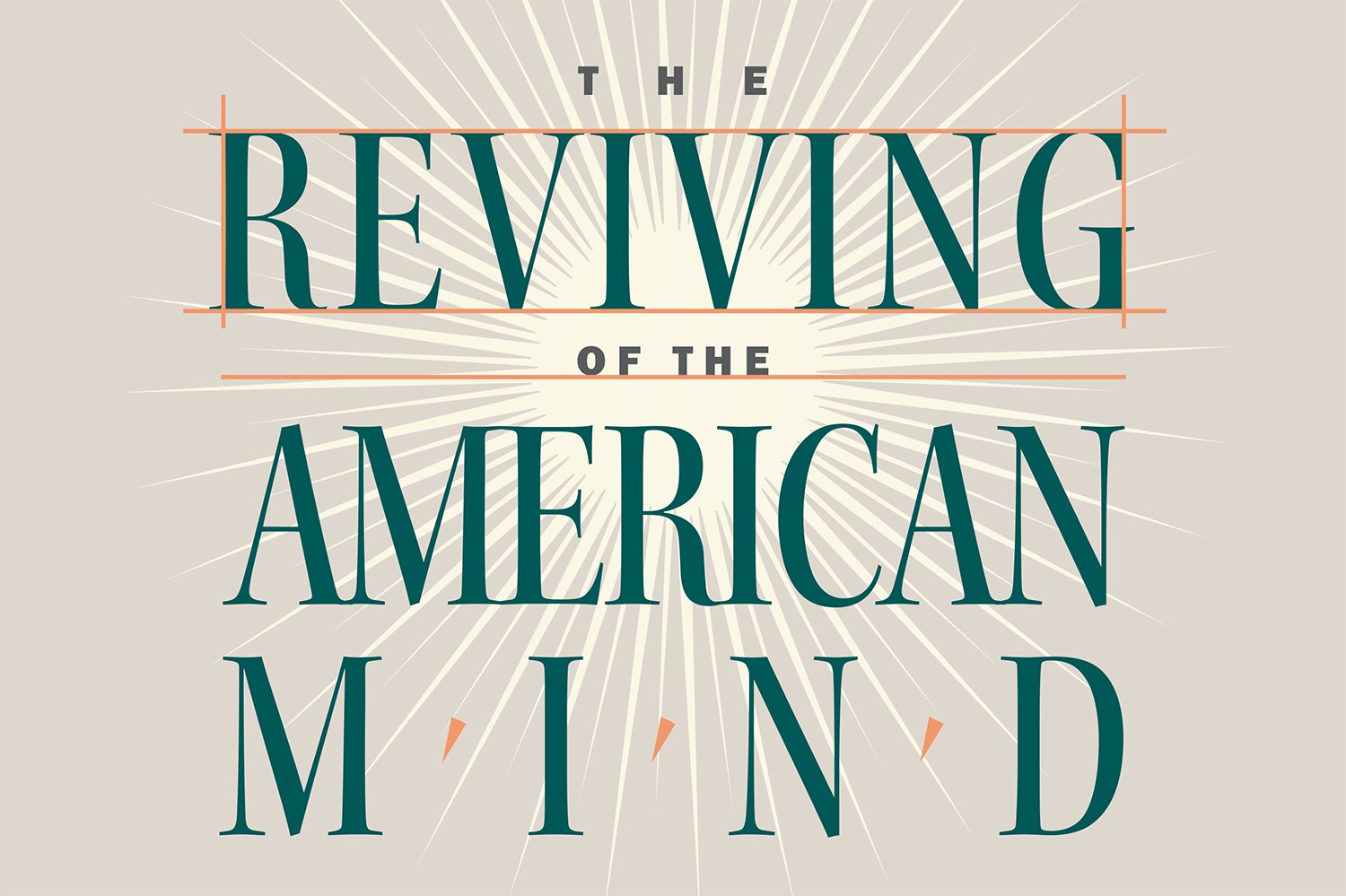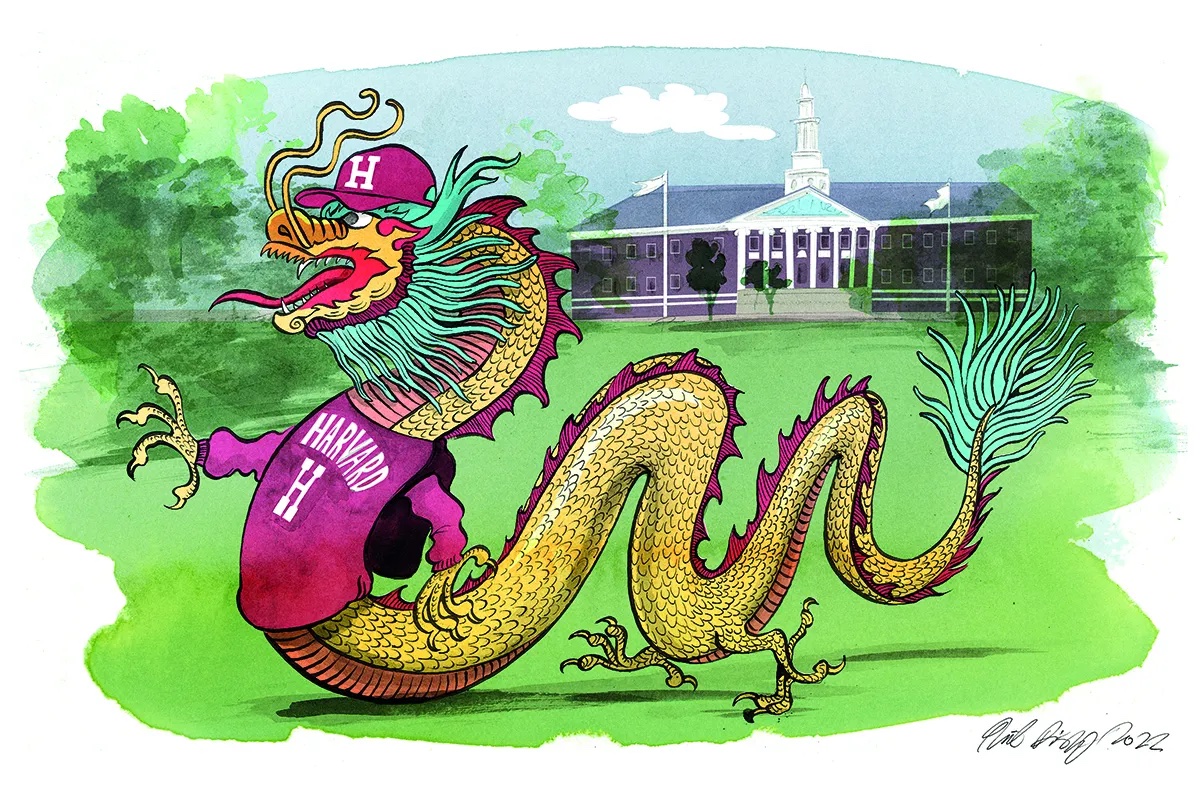The first time President Trump was impeached by House Democrats was for his “high crime” of having a telephone conversation with Ukrainian president Volodymyr Zelenskyy. There were some other minor details — and Trump was acquitted on February 5, 2020. While the impeachment failed to deliver his removal from office, it did elevate a minor figure to the stature of hero among die-hard Trump haters: Alexander Vindman, who served on the National Security Council. Vindman had conjured the story that Trump’s phone call entailed an impeachable “abuse of power.”
Vindman’s feverish dream excited others, but there was no substance to it. Heads of state have hard-ball conversations all the time. And their political opponents, if they happen to be in the room or within earshot, rub their hands with glee. Aaron Burr, who served as Jefferson’s vice president, harbored hopes of replacing him. Lincoln’s secretary of the Treasury, Salmon P. Chase, thirsted for the Republican nomination in 1860 and again in 1864. Lincoln finally neutralized him by appointing Chase to the Supreme Court. Vindman was nowhere in the league of Burr or Chase, but he did his best to burnish the old brass vulture of disloyalty.
Vindman and the House Democrats, however, may have achieved something. They helped to inspire a new campus sport of ostentatious but futile gestures of contempt for political rivals.
The problem was that the supply of symbolic ways to show disdain for time-honored traditions was running low. The statues had all been toppled. (Goodbye Silent Sam. So long Robert E. Lee. This way to the exit Teddy Roosevelt.) The buildings named in honor of famous people had been renamed to honor the forgotten. (Exeunt Strom Thurmond Wellness and Fitness Center at the University of South Carolina.) The old donors and founders had been erased wherever their names or images lingered. (You lose, Stephen A. Wynn despite your $25 million gift to the University of Iowa for the Wynn Institute for Vision Research.)
With the curriculum dismembered, and whatever courses might whisper respect for Western civilization tossed on the bonfire, we moved on to humiliating and denouncing faculty members who had the bad taste to dissent from the glorious new order of invented pronouns and “anti-racist” groveling. (Adios Jordan Peterson. Adieu Bret Weinstein.)
But a supply-side crisis loomed. What was left to signal the university-exalted commitment to the highest standards of political virtue?
Two things. One is to strip faculty members — those who become nettlesome — of their titles, including just honorific titles. The other is to scan the lists of past recipients of honorary degrees — those who are now in disfavor with the woke enlightenment — and cast them into the cancellation pit as well. I first noticed the effort to de-emeritize a faculty member in 2020 when faculty at the University of San Diego went after Professor Stuart Hulbert, a retired biologist who become a full-time gadfly against his university’s racial preferences. Stuart, whom I have known for over twenty years, is an environmentalist who has a finely honed talent for upsetting comfortable institutional authorities. He has so far thwarted those who would take away his honorific title and the handful of privileges — such as a university email account — that go with it.
But elsewhere the un-titling of retired professors has sped forward. Dr. Peter McCullough, quondam professor of medicine at Texas A&M is now just plain Dr. McCullough. He is (or was) a medical and academic star, one of the “top five most published medical researchers with more than a thousand publications” who had published in places such as the New England Journal of Medicine, the Journal of the American Medical Association and Lancet.” (I am cribbing from Dr. Julie Ponesse, who recently interviewed him.) He doesn’t sound like someone a medical school or a university would be in haste to throw overboard. So what happened? Was he caught doing despicable things with cadavers? Did he root for a rival football team?
No, something much worse. He ventured his medical opinion that Covid-19 vaccines don’t work and that the public would be better off with a medical approach that focused on therapeutic treatments. A special feature of Dr. McCullough’s erasure is that Texas A&M acted with no due process and with a legal letter threatening litigation against him if he ever identifies himself as a Texas A&M faculty member. Baylor University also has a restraining order against him “to stop mentioning his prior leadership and academic appointments.”
His crime was promoting “early at-home multidrug treatment of Covid-19.” Regardless of whether one upholds his medical views or regards them as folly, it is extraordinary that medical and scientific disagreement would result in an attempt to eradicate his professional profile.
Something a bit similar happened a few years ago when University of Portland professor of political science Bruce Gilley published an article titled “The Case for Colonialism” in the Journal of Third World Studies. An international furor erupted, which included death threats against the journal’s editor. Gilley, wanting no bloodshed, withdrew the article, and I republished it in the National Association of Scholars’ journal, Academic Questions. But that wasn’t end of it. Some of his colleagues at the University of Portland urged that he be dismissed (he wasn’t) and one prominent figure urged that Princeton University revoke his PhD. (That didn’t happen either.) But the guardians of public virtue were still feeling their way.
Now comes the news that the University of Rhode Island president Marc Parlange recommended to his board which accepted the recommendation, that the honorary degrees the university had bestowed on retired lieutenant general Michael Flynn and former New York City mayor Rudolph Giuliani be revoked. Giuliani’s degree was bestowed in 2003 in recognition of his leadership after 9/11. Flynn, a graduate of the university, received his degree in 2014 based on his distinguished thirty-three-year career in the military.
What happened? Was it revealed that Mayor Giuliani actually guided the hijackers to attack the World Trade Center? Did it come out that Michael Flynn was a covert operative of Saddam Hussein? No. The accomplishments that prompted the University of Rhode Island to want to associate itself with either man didn’t change. Rather, both became spectacularly associated with the fellow who made the inopportune phone call to President Zelensky — though it wasn’t the phone call so much as their ardent support for Trump after the 2020 election. The University of Rhode Island stripped them of their honorary degrees because they had become politically toxic in the circles in which URI wants to travel.
Of course, the university phrased it more circumspectly. The Honorary Degree Committee found “General Flynn pleaded guilty twice to a felony count of ‘willfully and knowingly’ lying to the FBI in exchange for a plea agreement.” Anyone with two or three minutes to spare on the internet knows that this was a plea the FBI coerced from an innocent man, but let’s not let details get in the way of a good excuse. As for Giuliani, he “participated in the January 6, 2021 rally that incited the assault on the Capitol.” There are some assumptions buried in that finding, but close enough for committee work.
The University of Rhode Island’s action is certainly not the first time a university has revoked an honorary degree, but it is a laborious search to find other instances of degrees revoked for political disfavor. In 2018, Fordham University and the Catholic University if America revoked honorary degrees they had bestowed on former cardinal Theodore McCarrick after the Catholic Church judged him guilty of molesting an altar boy, and probably many others. Quite a few of the sixty-some universities that had awarded honorary degrees to serial rapist Bill Cosby reconsidered his worthiness.
Universities award honorary degrees largely to draw attention to themselves. They hope to bask in the glory of the celebrity, artist, scientist or entrepreneur in that robe and hood, and photograph the occasion. It seldom has occurred to those who plan these occasions that the university can win twice. When the fellow falls from grace with the core audience, they can bask in the glory once again by publicly shaming him. I doubt that Giuliani or Flynn, much less McCullough care what the universities say. The universities’ character as opportunistic institutions whose highest aspiration to curry public favor is all too apparent.
I do, however, have a personal coda to this story — and a painful one. In 1990, when I was serving as assistant to the president of Boston University, we received a letter from a journalist alleging that Martin Lither King, Jr. had plagiarized his Boston University doctoral dissertation and demanding that we revoke his earned doctorate. The letter provided no detail or evidence, but I dutifully borrowed the dissertation from the library and began reading it. Not long after, the Wall Street Journal ran a front-page story showing that passages of King’s dissertation were identical to those of the dissertation of another BU student written three years earlier. We convened a faculty committee to investigate further and found that King’s dissertation was almost wholly pieced together of passages from other writers, including the theologian Paul Tillich, that King had presented as his own writing. His examining committee had either turned a blind eye or demonstrated their own incompetence.
We were faced with pressure from both sides: from those who wanted to ensure we did nothing to disgrace the great man’s legacy, and from those who wanted to ensure maximum publicity for King’s academic feet of clay. The university president (president ad interim Jon Westling) threaded a narrow line: divulge everything but leave King’s degree intact, on the grounds that it was a historical fact. He had been dead for more than twenty-two years at that point. The story is now an established part of King’s record and really makes no difference as to how the public regards him.
At the time, however, it made a considerable difference to me. Layers of deception, collective falsification, skullduggery and denial kept crashing in on me week after week. By the end of it I couldn’t quite see the world or its official narrative in the same way — and still can’t. Whom we honor and whom we cast out are decisions that may have little to do with who people really are. At this moment of woke ascendency, some serious injustices are taking place under the guise of public virtue. Most of those involve the rise of false idols — think of George Floyd. Some involve unwarranted diminishments. And still others involve ignoring the few genuine heroes we have. Will it all come right in the end? Seems doubtful, but let’s hope.



